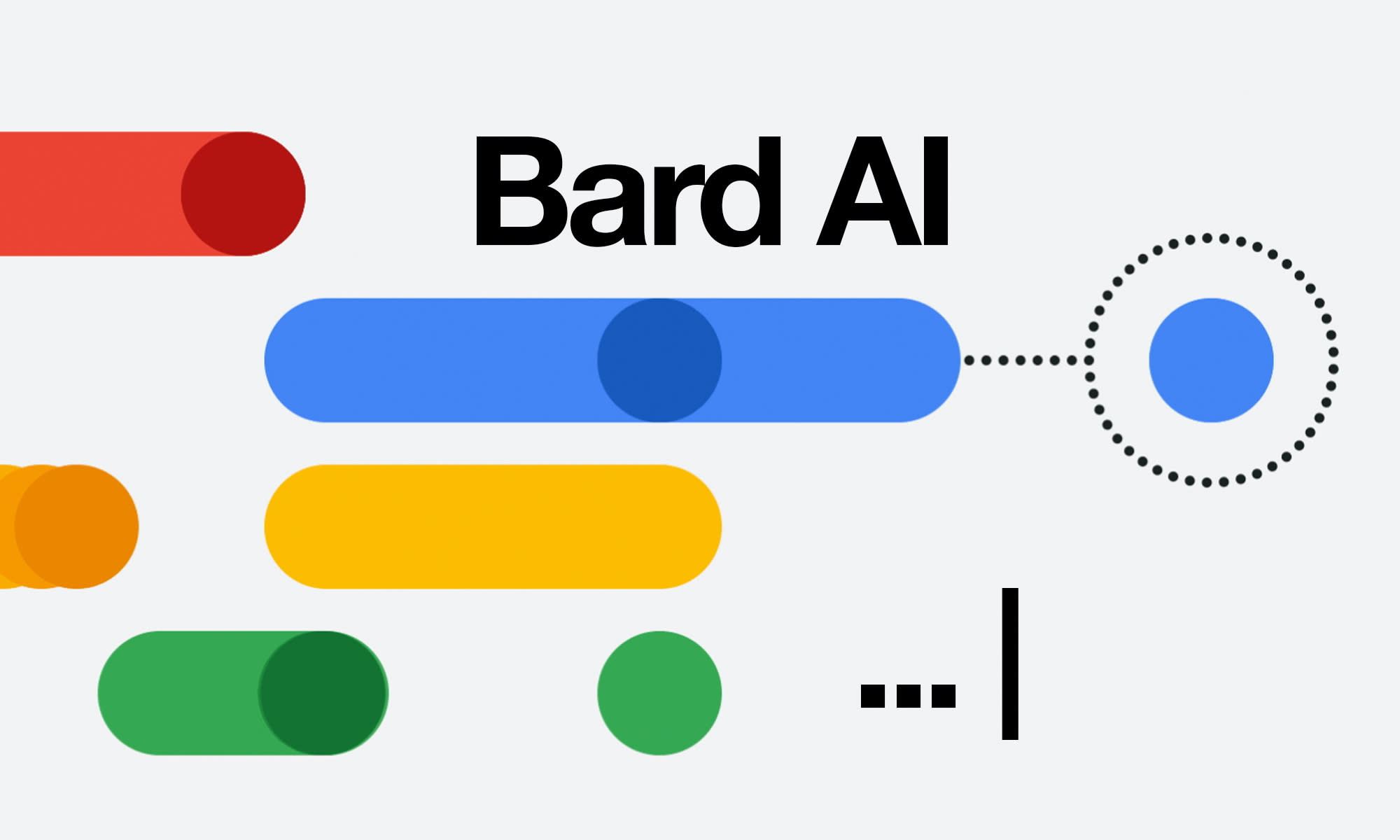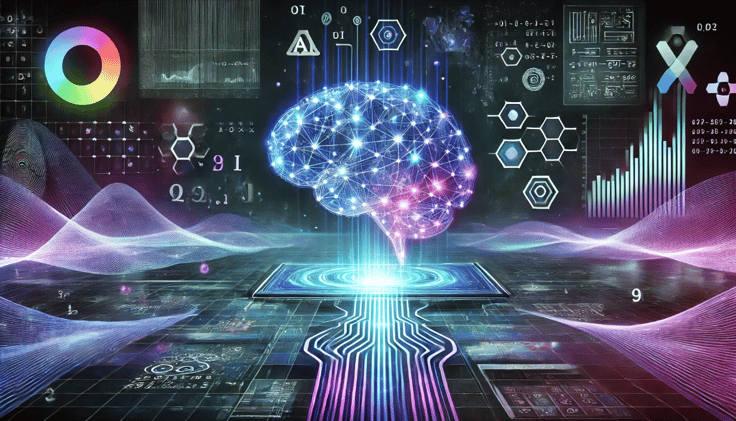Amazon has announced the creation of a new research and development lab in San Francisco, the Amazon AGI SF Lab, aimed at pushing the boundaries of AI agents. These agents are envisioned to perform complex tasks in both digital and physical environments, such as navigating web browsers, interpreting code, and managing workflows.
Lab Leaders and Expertise
The lab will be led by David Luan, the co-founder of the AI startup Adept, which Amazon partially acquired earlier this year. Joining him will be robotics researcher Pieter Abbeel, who became part of Amazon’s team following the company’s ‘license and hire’ agreement with Covariant. Together, Luan and Abbeel aim to drive innovation in creating AI systems that can adapt, learn, and act autonomously.
About David Luan and Pieter Abbeel
- David Luan: Co-founder of Adept, a company specializing in developing general-purpose AI agents.
- Pieter Abbeel: Robotics researcher with expertise in machine learning and control systems.
Key Objectives of the AGI SF Lab
Amazon’s new lab focuses on several ambitious research goals:
1. Developing Real-World Action Capabilities
Enabling AI agents to perform tasks such as operating software tools, managing workflows, and executing commands in physical spaces.
Examples of Real-World Applications
- AI-powered robots: Robots that can navigate complex environments, interact with humans, and perform tasks autonomously.
- Autonomous vehicles: Vehicles that can self-navigate, avoid obstacles, and make decisions based on real-time data.
2. Learning From Human Feedback
Training systems to self-correct and improve based on user interactions and goals.
Benefits of Human Feedback
- Improved accuracy: AI agents can learn from mistakes and adapt to new situations.
- Increased efficiency: AI agents can optimize their performance over time, reducing the need for manual intervention.
3. Building Foundational AI Models
Designing AI agents that can generalize across a wide range of applications and tasks.
Importance of Foundational Models
- Transfer learning: AI agents can leverage pre-trained models to speed up development and improve accuracy.
- Scalability: AI agents can adapt to new situations without requiring extensive retraining.
Leadership and Team Formation
The lab will draw on expertise from Adept’s team, which joined Amazon in June as part of a licensing agreement. Luan, who previously worked under Amazon’s AGI team lead Rohit Prasad (known for his role in developing Alexa), will continue his collaboration in this capacity.
Additional Hiring Plans
Amazon also plans to hire additional researchers specializing in quantitative finance, physics, and mathematics, ensuring the lab has diverse expertise to tackle its ambitious objectives.
The Growing AI Agent Market
Amazon’s move into advanced AI agents aligns with broader industry trends. AI agents—software systems that can perform complex tasks independently—are a rapidly growing sector:
Market Growth
- The ‘agentic’ AI market is projected to reach $31 billion by the end of 2025 (Emergen Research).
- Adoption rates are increasing, with 82% of organizations planning to integrate AI agents within three years (Capgemini poll).
Competitors and Market Players
- OpenAI: Developing advanced language models and chatbots.
- Anthropic: Introducing its AI agent model earlier this year.
- Google: Creating agents capable of booking flights and hotels.
Why This Matters
Amazon’s establishment of the AGI SF Lab signals its intent to compete aggressively in the AI agent space, building on existing products like its conversational agents for Bedrock AI and Amazon Q Business Assistant platforms. With David Luan’s leadership and expertise from Adept, the lab is well-positioned to deliver cutting-edge advancements that could reshape how users interact with AI systems.
Conclusion
Amazon’s entry into the AI agent market highlights the growing importance of advanced AI research. As companies like OpenAI, Anthropic, and Google continue to push boundaries in AI development, Amazon’s AGI SF Lab is poised to make significant contributions to this rapidly evolving field.
Editor’s Note
This article was created by Alicia Shapiro, CMO of AiNews.com, with writing, image, and idea-generation support from ChatGPT, an AI assistant. However, the final perspective and editorial choices are solely Alicia Shapiro’s. Special thanks to ChatGPT for assistance with research and editorial support in crafting this article.
About Alicia Shapiro
- CMO of AiNews.com
- Experienced journalist and editor
About ChatGPT
- AI assistant developed by OpenAI
- Capable of generating human-like text based on input prompts



